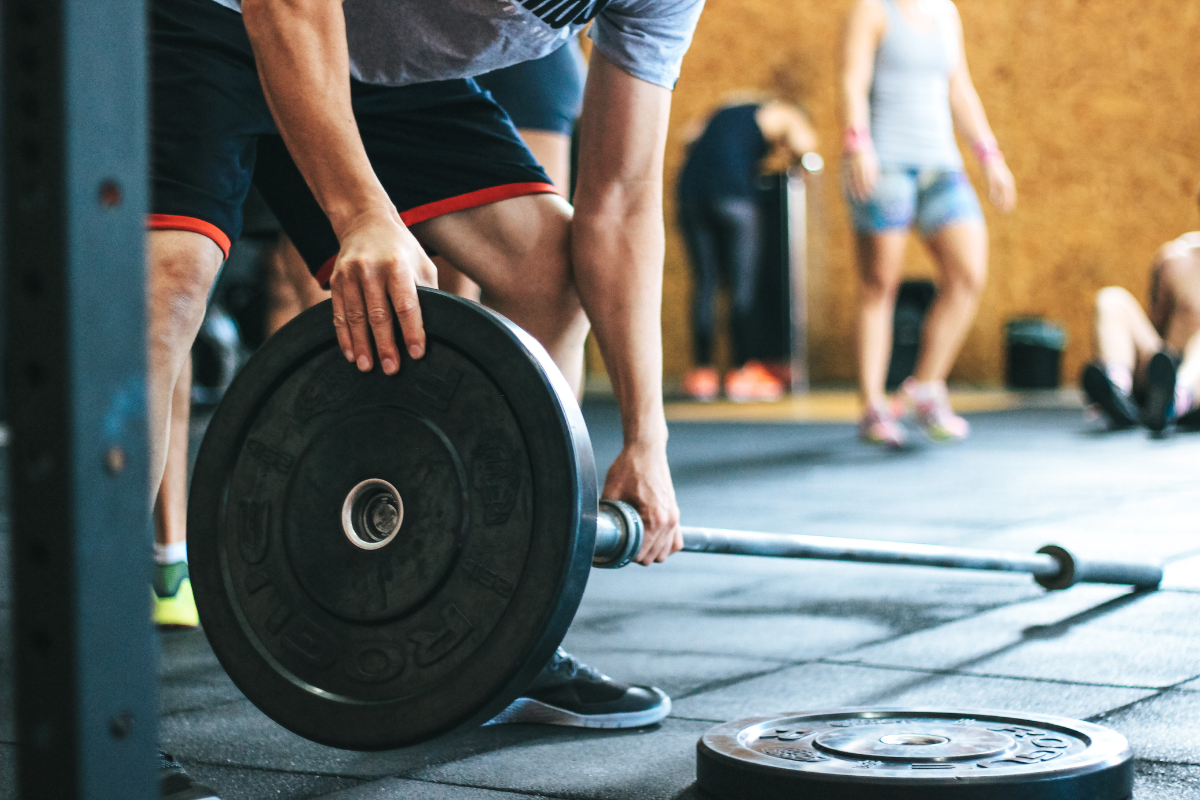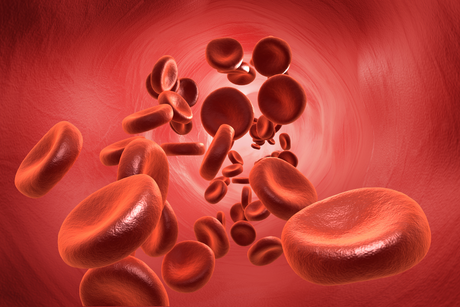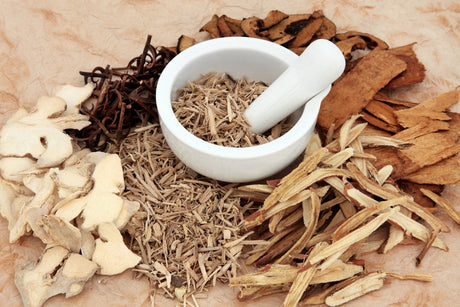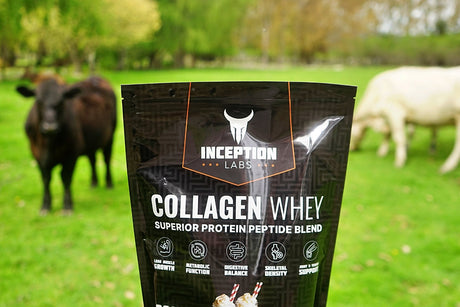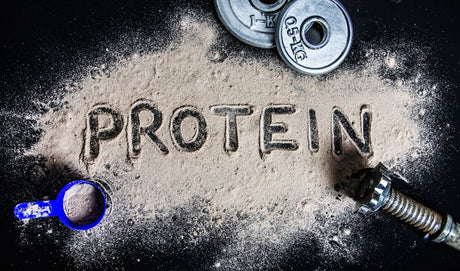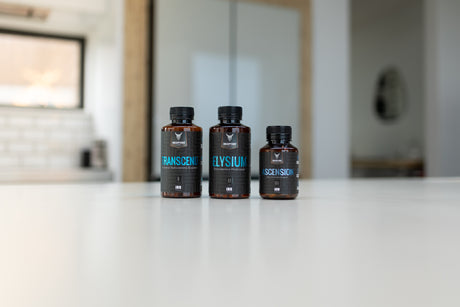Protein is a crucial macronutrient vital in various bodily functions, from muscle repair and growth to immune health. Despite its importance, many people need more protein in their diets. In this blog, we will explore the benefits of protein, the best sources to include in your diet, and how much protein you should consume daily.
Why Protein is Essential
Muscle Repair and Growth:
Protein is the building block of muscle tissue. It is essential for repairing and building muscles, especially after exercise. Your muscle fibers undergo stress and minor damage when you engage in physical activities, particularly resistance training or high-intensity workouts. Protein helps repair these muscle fibres, increasing muscle mass and strength. Muscle recovery and growth can be significantly impaired without adequate protein intake, making it harder to achieve fitness goals.
Enzyme and Hormone Production:
Proteins are necessary to produce enzymes and hormones. These biochemical compounds regulate various bodily functions, including metabolism, growth, and development. For instance, insulin, a hormone that regulates blood sugar levels, and human growth hormone, crucial for growth and cell reproduction, are proteins. A protein deficiency can disrupt these processes, leading to metabolic imbalances and other health issues.
Immune Health:
Proteins are crucial for a healthy immune system. Antibodies, which fight off infections, are made of proteins. Ensuring sufficient protein intake helps maintain a strong immune defence, enabling the body to combat pathogens and prevent illnesses effectively. The body's ability to produce antibodies and other immune cells is compromised when insufficient protein intake increases susceptibility to infections and diseases.
Oxygen Transport:
Hemoglobin, the protein in red blood cells responsible for carrying oxygen throughout the body, relies on adequate protein levels to function correctly. Hemoglobin binds to oxygen in the lungs and transports it to tissues and organs, ensuring they receive the oxygen needed for proper functioning. Adequate protein intake supports optimal hemoglobin levels, promoting efficient oxygen transport and preventing conditions such as anemia.
Bone Health:
Contrary to outdated studies, recent research confirms that protein supports bone health. Adequate protein intake is vital for maintaining strong bones and preventing osteoporosis. Proteins provide the structural framework for bones, and they work in conjunction with other nutrients like calcium and vitamin D to support bone density and strength. A diet lacking in protein can weaken the bones, making them more prone to fractures and other issues.
Best Sources of Protein

Animal Proteins:
- Meat: Beef, chicken, pork, and lamb are excellent sources of high-quality protein. They provide all essential amino acids in the right proportions, making them complete proteins. Additionally, these meats offer essential nutrients like iron, zinc, and B vitamins necessary for overall health.
- Fish: Salmon, tuna, and other fatty fish provide protein and healthy omega-3 fatty acids. Omega-3s have anti-inflammatory properties and support heart health, making fish an excellent addition to your diet. Fish is also a great source of vitamin D, which aids in calcium absorption and bone health.
- Dairy: Milk, cheese, and yogurt are rich in protein and calcium, supporting muscle and bone health. Dairy products also contain probiotics, promoting gut health and aiding digestion. For those who are lactose intolerant, lactose-free options and fermented dairy products like yogurt can be good alternatives.
Plant Proteins:
- Legumes: Beans, lentils, and chickpeas are great plant-based protein sources. They are also high in fibre, which aids in digestion and helps regulate blood sugar levels. Legumes provide essential nutrients like iron, magnesium, and folate, making them nutritious for any diet.
- Nuts and Seeds: Almonds, chia seeds, and flaxseeds provide protein and healthy fats. They are also rich in antioxidants, vitamins, and minerals, which support overall health. Nuts and seeds can be easily incorporated into meals and snacks for a protein boost.
- Soy Products: Tofu, tempeh, and edamame offer complete protein profiles, making them excellent for vegetarians and vegans. Soy products are also high in essential amino acids and can help lower cholesterol levels. Including a variety of soy-based foods in your diet ensures you receive a balanced intake of nutrients.
Considerations for Plant-Based Diets:
Plant proteins often lack one or more essential amino acids. Combine plant-based proteins, such as rice and beans, or use various protein sources to ensure a complete amino acid profile. This approach, known as complementary proteins, ensures that you receive all the essential amino acids your body needs for optimal health. Including a diverse range of plant-based foods can help you achieve a balanced and nutritious protein intake.
How Much Protein Do You Need?

General Protein Serve Recommendations:
- Sedentary Individuals: Aim for about 0.8 grams of protein per kilogram of body weight. For example, if you weigh 100 kg, you should consume 80 grams of protein daily. This amount is generally sufficient to meet the basic physiological needs of most individuals and supports overall health.
- Active Individuals: Those engaged in regular physical activity need more protein. Aim for 1.2 to 2.0 grams per kilogram of body weight, depending on the intensity and type of exercise. Higher protein intake supports muscle repair, growth, and recovery, allowing active individuals to perform at their best.
Calculating Your Protein Intake:
- Example for Sedentary Individuals: If you weigh 100 kg, you should consume 80 grams of protein daily.
- Example for Active Individuals: If you weigh 100 kg and engage in resistance training, you may need up to 200 grams of protein daily.
Food Weight vs. Protein Content:
It's essential to understand the difference between food's weight and its protein content. For instance, 100 grams of chicken breast contains approximately 20 grams of protein. To meet a goal of 80 grams of protein, you must consume around 400 grams of chicken breast throughout the day. This understanding helps you accurately track your protein intake and meet your nutritional goals.
Conclusion
Protein is a fundamental component of a healthy diet, crucial for muscle repair, hormone production, immune health, and more. Ensuring you consume adequate amounts of protein from diverse sources can significantly impact your overall health and fitness. Whether you're a sedentary or active athlete, understanding your protein needs and making informed dietary choices is critical to achieving your health goals.
References:
- Pasiakos, S. M., Lieberman, H. R., & McLellan, T. M. (2014). Effects of protein supplements on muscle damage, soreness and recovery of muscle function and physical performance: a systematic review. Sports Medicine, 44(5), 655-670.
- Phillips, S. M., & Van Loon, L. J. (2011). Dietary protein for athletes: from requirements to metabolic advantage. Applied Physiology, Nutrition, and Metabolism, 36(5), 647-654.
- Rodriguez, N. R., DiMarco, N. M., & Langley, S. (2009). Position of the American Dietetic Association, Dietitians of Canada, and the American College of Sports Medicine: Nutrition and athletic performance. Journal of the American Dietetic Association, 109(3), 509-527.
- Wolfe, R. R. (2006). The underappreciated role of muscle in health and disease. The American Journal of Clinical Nutrition, 84(3), 475-482.


